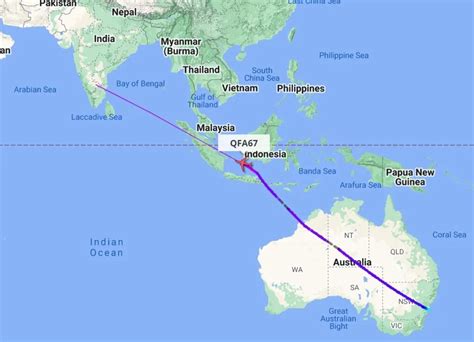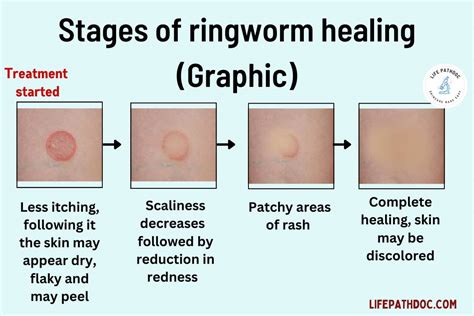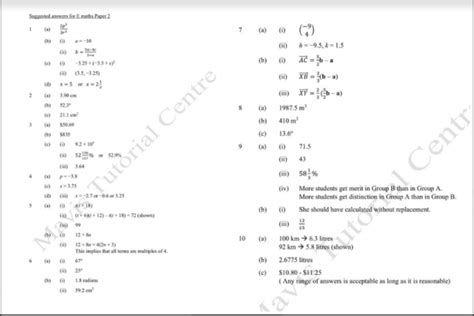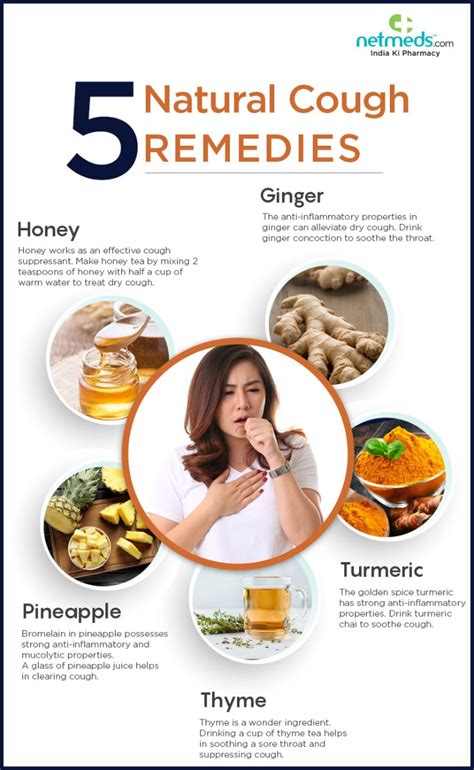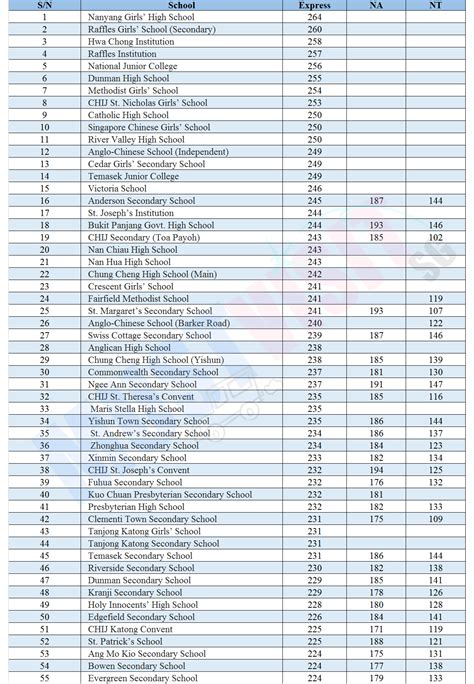Dengue fever is a mosquito-borne viral infection that can cause a wide range of symptoms, from mild fever to severe, life-threatening complications. According to the World Health Organization (WHO), an estimated 390 million dengue infections occur worldwide each year, with about 96 million cases resulting in clinical illness.

4-Step Rule to Identify Dengue Fever
- Sudden onset of fever: The fever usually rises quickly to 104°F (40°C) or higher and lasts for 2-7 days.
- Severe headache: The headache is typically located behind the eyes and can be accompanied by pain in the neck, shoulders, and back.
- Muscle and joint pain: This pain can be severe and debilitating, making it difficult to move or perform everyday activities.
- Nausea, vomiting, and diarrhea: These symptoms are common in dengue fever and can lead to dehydration.
Other Possible Symptoms
In addition to the 4-step rule, dengue fever can also cause a number of other symptoms, including:
- Rash
- Fatigue
- Weakness
- Loss of appetite
- Nosebleeds
- Bleeding gums
- Skin bruising
Common Mistakes to Avoid
- Ignoring the symptoms: Dengue fever can be a serious illness, so it is important to seek medical attention if you experience any of the symptoms listed above.
- Taking aspirin or ibuprofen: These medications can increase the risk of bleeding in people with dengue fever.
- Using herbal remedies: There is no scientific evidence to support the use of herbal remedies for dengue fever.
Step-by-Step Approach to Diagnosing Dengue Fever
- Physical examination: A doctor will ask about your symptoms and perform a physical examination.
- Blood tests: Blood tests can confirm the presence of dengue virus and help determine the severity of the infection.
- Imaging tests: Imaging tests, such as an ultrasound or X-ray, may be used to rule out other causes of your symptoms.
Pros and Cons of Dengue Fever Treatment
There is no specific treatment for dengue fever, but supportive care can help relieve symptoms and prevent complications. Treatment may include:
- Rest: Getting plenty of rest is important to help your body fight the infection.
- Fluids: Drinking plenty of fluids is important to prevent dehydration.
- Pain relievers: Over-the-counter pain relievers, such as acetaminophen or paracetamol, can help relieve pain and fever.
- Antiviral medications: Antiviral medications may be used to treat severe cases of dengue fever.
Table 1: Dengue Fever Symptoms
| Symptom | Frequency |
|---|---|
| Fever | 100% |
| Headache | 90% |
| Muscle and joint pain | 85% |
| Nausea and vomiting | 50% |
| Diarrhea | 40% |
| Rash | 50% |
| Fatigue | 90% |
| Weakness | 90% |
| Loss of appetite | 90% |
Table 2: Dengue Fever Complications
| Complication | Frequency |
|---|---|
| Dengue hemorrhagic fever (DHF) | 5% |
| Dengue shock syndrome (DSS) | 1% |
| Multi-organ failure | <1% |
Table 3: Dengue Fever Risk Factors
| Risk Factor | Relative Risk |
|---|---|
| Living in a dengue-endemic area | 10-fold |
| Previous dengue infection | 5-fold |
| Blood type O | 2-fold |
| Female gender | 1.5-fold |
Table 4: Dengue Fever Prevention
| Prevention Method | Effectiveness |
|---|---|
| Mosquito repellents | 95% |



